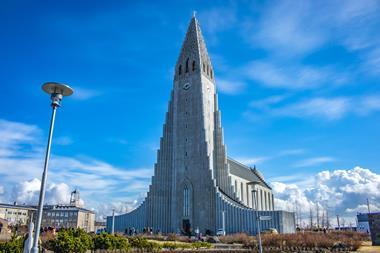Icelandic pension fund Frjálsi has revealed it is planning to invest in venture capital funds or other funds that invest in the domestic unlisted market as part of its 2021 strategy, and said it is also planning to invest in the innovation sector via index funds.
The pension fund said that in setting its 2021 investment policy, it had looked at aspects of the economic downturn following the pandemic.
Frjálsi wrote in a post focusing on specialist investments: “It was thought that investment opportunities were likely to emerge as the Icelandic economy recovered, and in this context it was decided to focus on investing in venture capital funds or funds that invest in the domestic unlisted market.”
The Reykjavik-based pension fund also said it was planning to invest in several innovation-focused index funds, saying a great deal of experience and knowledge had been built up within the innovation sector.
Public and private sector investors had been heavily involved in these activities, it added.
Frjálsi also said that as part of its efforts to invest more abroad, following the lifting of capital controls in Iceland in 2017, it was aiming to increase its allocation to foreign specialist investments.
The pension fund defined specialist investments as those that fell outside traditional categories, and included venture capital, real estate, infrastructure, specialist bonds and indexed investments.
Frjálsi said it had invested in three foreign specialist funds last year.
These were DNB Private Equity VII, an enterprise fund with underlying investments in emerging market areas in Western Europe and the US with a strong ESG emphasis, it said, along with Obligo Global Infrastructure II and Wellington Global Property.
Frjálsi also published details and returns of several specialist funds it had invested in over the last decade – some of which had generated high returns, while others had produced losses.
”The performance of a portfolio of specialist investments should be assessed over a longer period, but not from year to year, as with more traditional investments,” the pension fund wrote.
”As with other investment options it can be assumed that will not be successful, but in the long run, the overall measure of success is the total return of the portfolio,” Frjálsi said.









